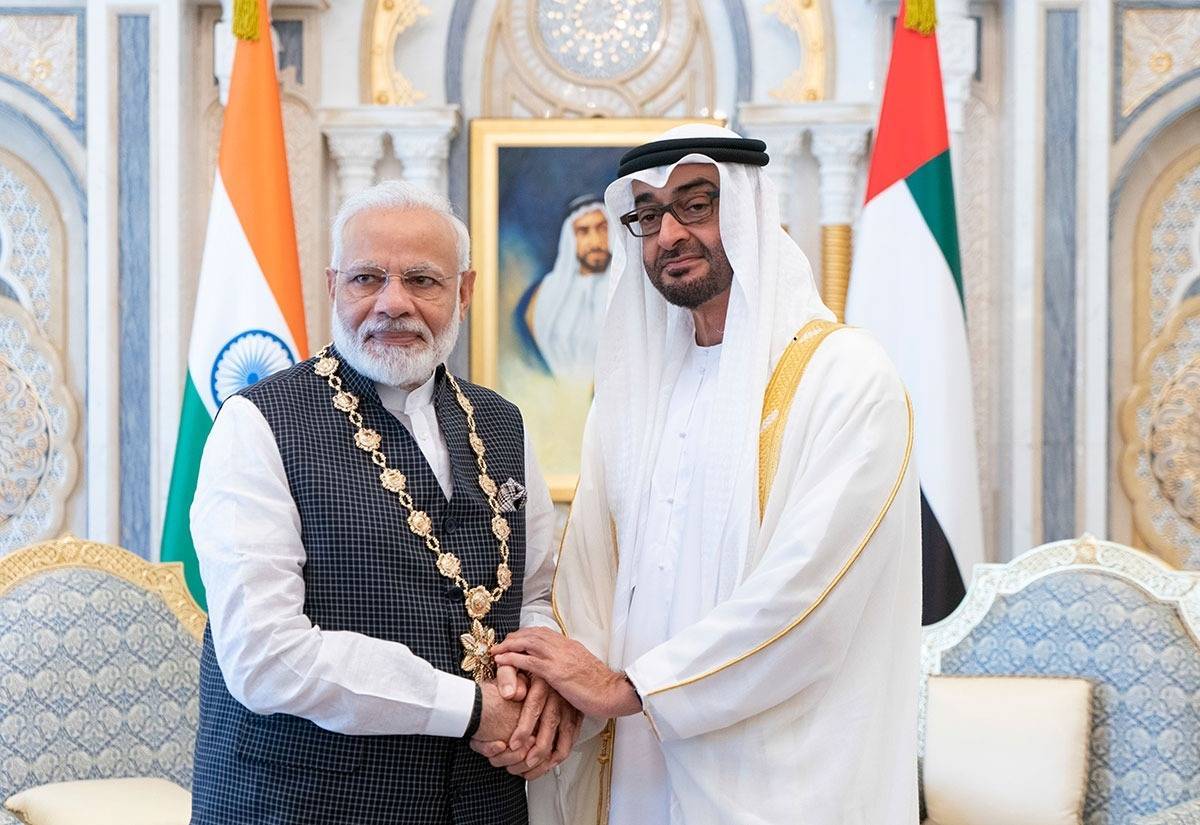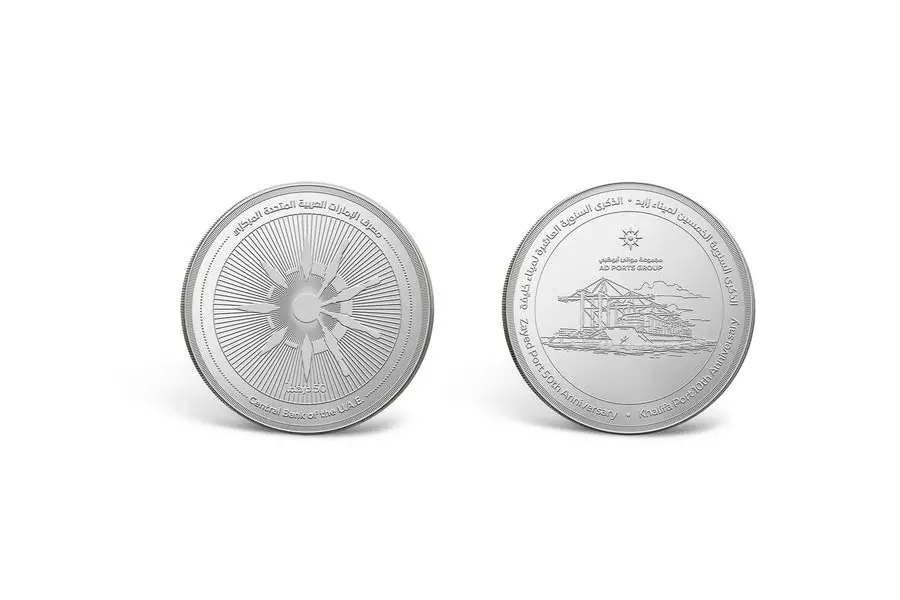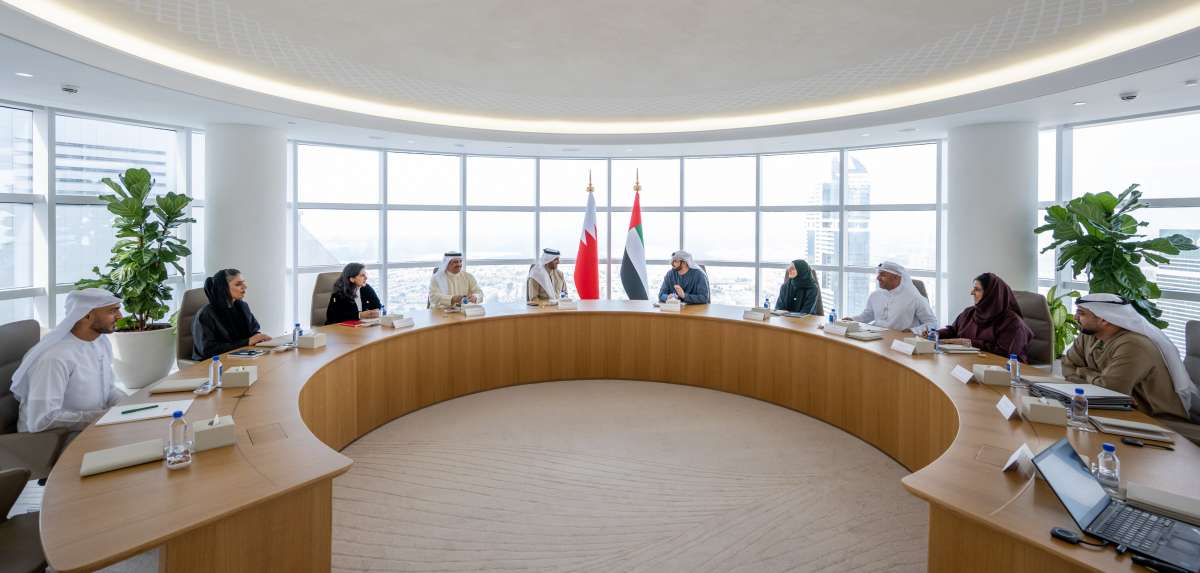The entry of Indian ventures could give a much-needed boost to Dubai’s ambitious metaverse strategy, which aims to add $4 billion to the emirate’s GDP, a report by Shaneer N. Siddiqui
The year 2022 ends on a positive note with regard to India-UAE relations, with business and political ties between the two countries scaling new heights.
The UAE is India’s third largest trading partner and the bilateral trade between them surpasses $88 billion. Indians, moreover, constitute 39.9 per cent of the UAE population and their remittances to India add up to more than $17 billion, the largest for any country overseas.
To tell the world what the future will be like, Dubai built The Museum Of The Future, which talks about the possibilities of the future. To advance the vision of Sheikh Mohammed bin Rashid Al Maktoum, Ruler of Dubai, to harness the latest technologies in coding, big data
analysis, artificial intelligence, virtual and augmented reality, and human-machine interaction to drive the future.
“Dubai never ceases to amaze me. It has always been a city of innovation and exploration with endless possibilities,” said Shah Rukh Khan while launching the Creating the Future with Shah Rukh Khan campaign.
Today, Dubai is a hub of coders, big data specialists and a different world of Metaverse, i.e., all future activities have started to be in application in the UAE market now. UAE has started implementing its development planning till 2050 on its own.
In the area of space science, after the Mars and Moon missions, in 2028, the UAE will launch its own interplanetary mission. The spacecraft will travel 3.6 billion kilometres in five years. Its
final landing will be in 2033 on an asteroid 560 million kilometres from the Earth. This would make the Emirates the fourth country to land a spacecraft on an asteroid.
UAE also has an agenda to achieve all 17 goals of the United Nations Sustainable Development Goals (SDGs) by 2030.
Launched in 2017, the UAE Strategy for Artificial Intelligence (AI) is the first mega project to achieve the objectives of the UAE Centenary 2071. It is characterised by a post-mobile government phase in which all future government services, sectors, and infrastructure
projects will rely on AI.
By 2030, 25 per cent of all vehicles in Dubai will be driving on AI-based autonomous vehicles and roads, saving millions of hours wasted in traditional transport while increasing human productivity.
Under Dubai’s Clean Energy Strategy, the Emirate aims to produce 75 per cent of its energy needs from clean sources by 2050. The strategy also aims to make Dubai a global hub of clean energy and a green economy.
Masdar, Abu Dhabi Future Energy Company, is a global leader in renewable energy and sustainable development in the world. Masdar is developing utility-scale renewable energy projects around the world. Driving innovation in clean technologies, Green hydrogen is leading the world in a smart first-mover approach.
A catalyst for the development of renewable energy in the Arab world over the past decade, Masdar is demonstrating how the business community can deliver on the global sustainability agenda.
UAE has unveiled an economic diversification plan to reduce dependence on fossil fuels and transform its economy from a conventional, labour-intensive economy to one based on knowledge, technology, and skilled labour. The country’s major focus is on healthcare, education, banking, tourism, and construction.
Needless to say, because of India’s strength and cosy relations with the UAE, India will play a significant role in this diversification strategy by providing knowledge, skills, and technical knowledge. India is already the fifth-largest economy in the world, and its economic prowess will grow even further in 2023.
India boasts of the world’s fastest-growing startup ecosystem with 108 Unicorn Startups, as of 2022. With increased digitalisation, improved infrastructure, stable government, and a conducive business environment, the country will achieve more in the year 2023.
Professor Vinaytosh Mishra, Associate Professor at College of Healthcare Management and Economics at Gulf Medical University, Ajman, UAE, said that the entry of Indian ventures could give a much-needed boost to Dubai’s ambitious metaverse strategy, which aims to add $4 billion to the emirate’s GDP.
This ambitious plan has the potential to create 40,000 virtual jobs by 2030. UAE may become a favoured destination for more than a thousand companies specialising in blockchain technologies to turn it into one of the world’s top ten metaverse economies.
It is a well-known fact that many successful business owners in the UAE are of Indian origin i.e., Thumbay Group, Aster Healthcare, Lulu, Landmarks, Sobha Group, NMC Health, Soraya Jewellers, JoyaLukas and GEMS, to name a few. These businesses have varied interests in sectors such as tourism, retail, gold, logistics, IT, healthcare, and education.
UAE’s flagship free zone is currently home to over eight hundred leading Indian companies which are serving all key markets in the region. Recently, the UAE celebrated its remarkable journey of 50 years in the year 2021 and is preparing for the next fifty incredible years.
On the other hand, India is poised to become the third-largest economy in the world by 2030 overtaking Germany and Japan.
ALSO READ-UAE President receives Modi’s letter on strengthening ties














